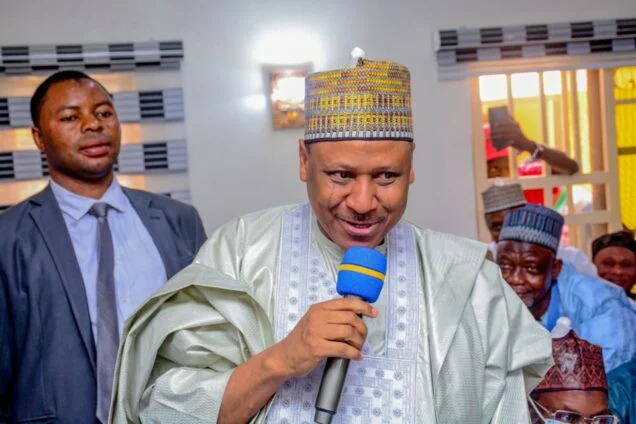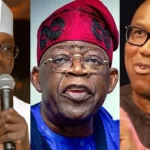In a bold move to strengthen international relations, Nigeria has expressed its intent to deepen economic and strategic ties with Indonesia, highlighting the immense untapped potential for collaboration between the two nations. This was affirmed by Nigeria’s Minister of Information and National Orientation, Mohammed Idris, during the second Indonesia-Africa Forum, which took place from September 1-3 in Bali, Indonesia.
Idris, standing in for President Bola Ahmed Tinubu, led the Nigerian delegation at the forum, participating in the High-Level Multi-Stakeholder Partnerships and the Joint Leaders Session. In his address, Idris underscored Nigeria’s unwavering commitment to forging a robust partnership with Indonesia, emphasizing that both regions have much to gain from enhanced cooperation in trade, investment, and the exchange of knowledge and expertise.
“The Indonesia-Africa Forum is a catalyst for a new era of cooperation,” Idris remarked, emphasizing the event’s role in setting the stage for a brighter and more prosperous future for both nations. He highlighted Nigeria’s dedication to leveraging shared strengths and resources to focus on key areas, including economic transformation, energy and mining, food and health security, and the burgeoning digital economy. Idris stressed that these pillars would form the foundation of future collaboration, driving inclusive and sustainable economic growth beneficial to all involved.
The forum also spotlighted the significant economic and demographic potential of Africa and Indonesia, which together represent a market of over 1.7 billion people and a combined GDP of $4.4 trillion. The gathering attracted high-profile attendees, including heads of state, government officials, and business leaders, who engaged in discussions on economic cooperation, global challenges, and exploring avenues for mutual sustainable growth and development.
A focal point of the discussions was Nigeria’s leadership role in advancing the African Union’s Agenda 2063, a strategic framework for the socio-economic transformation of the continent over the next 50 years. Idris also highlighted President Tinubu’s comprehensive agenda for national economic reforms, security, governance, and social development, alongside his efforts to boost regional trade, infrastructure, and political stability through his leadership in the Economic Community of West African States (ECOWAS).
Nigeria’s active participation in the African Continental Free Trade Area (AfCFTA) was noted as a significant driver for boosting intra-African trade and industrialization, further enhancing the country’s role in the continent’s economic future.
The forum, attended by delegates from 22 African countries and five non-African nations, also paid homage to the historic 1955 Asia-Africa Forum, known as the Bandung Spirit, which laid the foundation for Asia-Africa relations. The meeting called for increased interaction between the continents in trade, investment, and development cooperation, with a particular focus on moving Africa beyond its traditional role as an exporter of raw materials to becoming a center of production. The trans-Saharan Gas pipeline projects between Nigeria, Algeria, and Morocco were specifically recognized as key initiatives in this direction.
The Indonesia-Africa Forum has emerged as a strategic platform for bolstering economic ties between Indonesia and African nations, facilitating dialogue, fostering partnerships, and promoting sustainable development through collaboration in critical sectors such as trade, investment, energy, and the digital economy.






